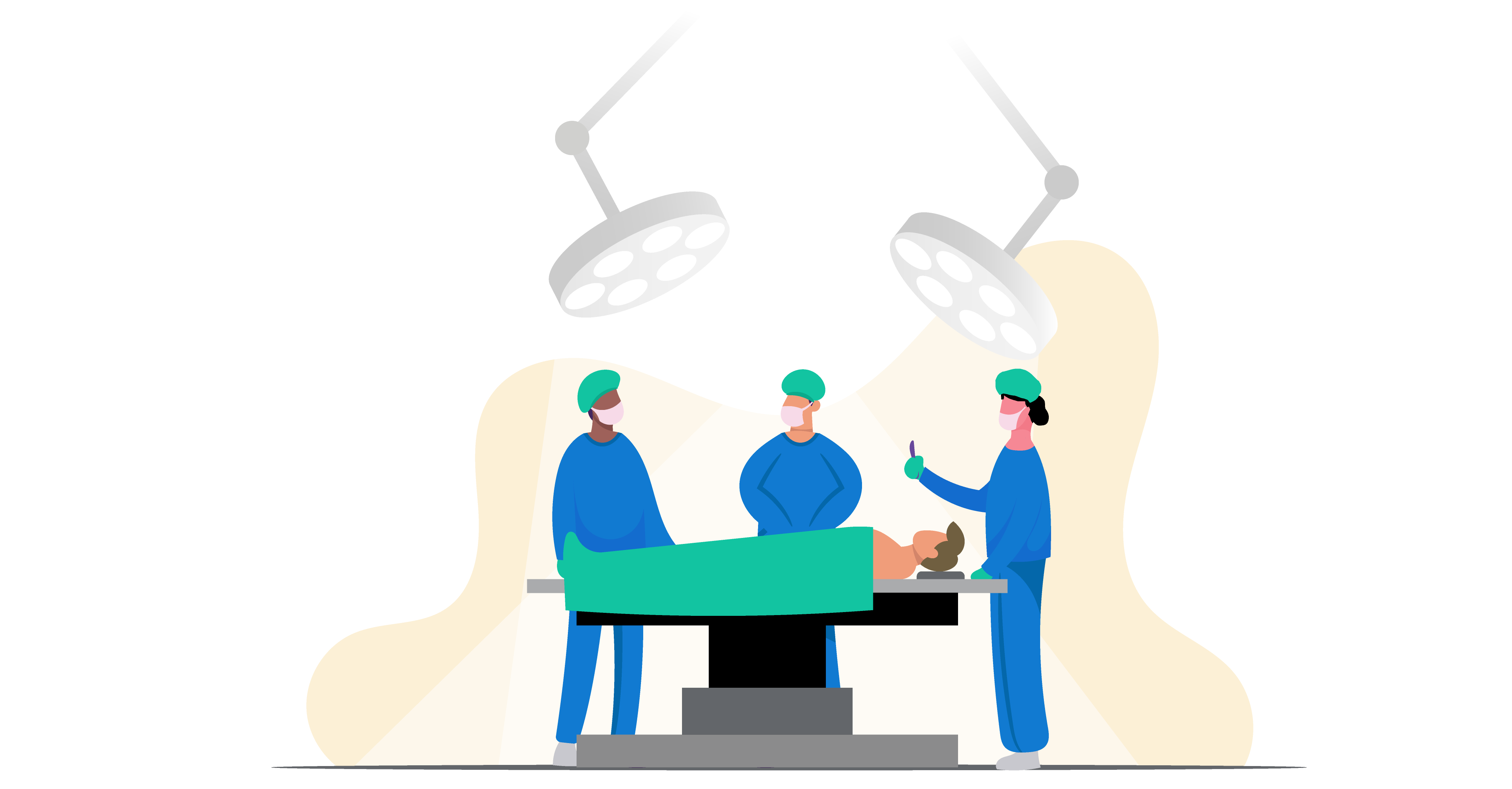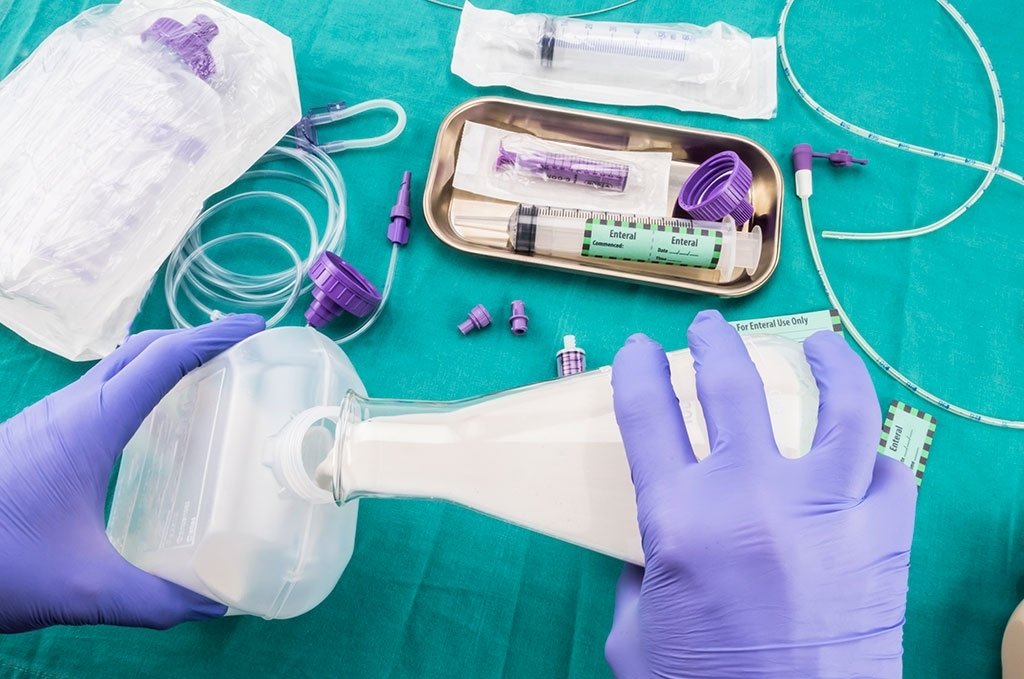- Diseases
- Acoustic Neuroma (14)
- Adrenal Gland Tumor (24)
- Anal Cancer (66)
- Anemia (2)
- Appendix Cancer (16)
- Bile Duct Cancer (26)
- Bladder Cancer (68)
- Brain Metastases (28)
- Brain Tumor (230)
- Breast Cancer (718)
- Breast Implant-Associated Anaplastic Large Cell Lymphoma (2)
- Cancer of Unknown Primary (4)
- Carcinoid Tumor (8)
- Cervical Cancer (154)
- Colon Cancer (164)
- Colorectal Cancer (110)
- Endocrine Tumor (4)
- Esophageal Cancer (42)
- Eye Cancer (36)
- Fallopian Tube Cancer (6)
- Germ Cell Tumor (4)
- Gestational Trophoblastic Disease (2)
- Head and Neck Cancer (6)
- Kidney Cancer (124)
- Leukemia (344)
- Liver Cancer (50)
- Lung Cancer (288)
- Lymphoma (284)
- Mesothelioma (14)
- Metastasis (30)
- Multiple Myeloma (98)
- Myelodysplastic Syndrome (60)
- Myeloproliferative Neoplasm (4)
- Neuroendocrine Tumors (16)
- Oral Cancer (100)
- Ovarian Cancer (170)
- Pancreatic Cancer (164)
- Parathyroid Disease (2)
- Penile Cancer (14)
- Pituitary Tumor (6)
- Prostate Cancer (144)
- Rectal Cancer (58)
- Renal Medullary Carcinoma (6)
- Salivary Gland Cancer (14)
- Sarcoma (236)
- Skin Cancer (296)
- Skull Base Tumors (56)
- Spinal Tumor (12)
- Stomach Cancer (60)
- Testicular Cancer (28)
- Throat Cancer (90)
- Thymoma (6)
- Thyroid Cancer (98)
- Tonsil Cancer (30)
- Uterine Cancer (78)
- Vaginal Cancer (14)
- Vulvar Cancer (18)
- Cancer Topic
- Adolescent and Young Adult Cancer Issues (20)
- Advance Care Planning (10)
- Biostatistics (2)
- Blood Donation (18)
- Bone Health (8)
- COVID-19 (362)
- Cancer Recurrence (120)
- Childhood Cancer Issues (120)
- Clinical Trials (626)
- Complementary Integrative Medicine (24)
- Cytogenetics (2)
- DNA Methylation (4)
- Diagnosis (230)
- Epigenetics (6)
- Fertility (64)
- Follow-up Guidelines (2)
- Health Disparities (14)
- Hereditary Cancer Syndromes (124)
- Immunology (18)
- Li-Fraumeni Syndrome (8)
- Mental Health (118)
- Molecular Diagnostics (8)
- Pain Management (62)
- Palliative Care (8)
- Pathology (10)
- Physical Therapy (18)
- Pregnancy (18)
- Prevention (896)
- Research (390)
- Second Opinion (74)
- Sexuality (16)
- Side Effects (604)
- Sleep Disorders (10)
- Stem Cell Transplantation Cellular Therapy (216)
- Support (404)
- Survivorship (322)
- Symptoms (184)
- Treatment (1774)
How the right support helped me through breast cancer
3 minute read | Published September 15, 2017
Medically Reviewed | Last reviewed by an MD Anderson Cancer Center medical professional on September 15, 2017
After my double mastectomy in 2002, I vividly remember running on the beach and hearing some teenagers making fun of my child-like figure. Their remarks hurt deeply.
Even though I went on to have my breast reconstruction surgery 29 long months later, I remained sensitive about my body image. Still, I thought I could handle all my emotions.
Then, when I completed my treatments and my oncologist told me he’d see me again in three months, I felt totally lost and frightened. Three months? What was I supposed to do with myself? I had been safely isolated in MD Anderson’s cocoon of care for over a year -- walking the halls, having scans, meeting with my oncologist, surgeon, radiation oncologist and my plastic surgeon.
Finally, my oncologist said, “Estelle, what you need right now is not something I can help you with. What you need is to talk with a therapist who can help you to move forward.”
Seeking support after cancer treatment
Despite my initial hesitation, I agreed to visit MD Anderson’s Psychiatric Oncology Center. It proved to be exactly what I needed. Therapy helped me overcome my what-if fears and taught me to greet each day that comes. I learned to appreciate all the little things– the sunrise, the sunset and the changing of the seasons.
My therapist encouraged me to love my body exactly the way it is. That helped me transform my negative experience on the beach into an opportunity to be thankful that I’m still alive and able to run with my two legs, and it gave me the strength to withstand future incidents. I was once in a store trying on a backless dress when a sales rep told me, “You can’t wear that – you have those scars down your back.” I said, “Oh, yes, I can. Those scars are part of me and my life.” I bought the dress and wore it -- and my breast reconstruction surgery scars -- proudly.
Therapy played such an important role in my cancer journey, but it wasn’t the only support MD Anderson has offered me through the years. The Integrative Medicine Center also helped me nurse my wellbeing. During my breast cancer treatment, an MD Anderson dietitian guided me back to a healthy weight, and acupuncture relieved my anxiety when I developed osteoporosis 11 years into remission.
Joining the effort to improve support for cancer patients
The help I received at MD Anderson has been life-changing, which is why I recently agreed to join the hospital’s Psychosocial Council, an initiative that seeks to enhance patient care beyond medical treatment. This effort includes physicians, nurses, patients, social work counselors, psychologists, health educators, as well as representatives from Chaplaincy, communications, ethics, Patient Advocacy, Volunteer Services and Rehabilitation Services, and we’re all working together to make sure patients receive the best support possible.
Since I joined the council, I’ve learned about all the services that MD Anderson offers to accommodate patients’ needs: the Fatigue Clinic for patients experiencing ongoing exhaustion, Neuropsychology for those dealing with chemobrain, Oncofertility Clinic for patients who may want to have children in the future, Supportive Care, Pain Management and Rehabilitation Services to address life-altering side effects, Social Work for patients and family members who need help coping with the impact of cancer or who want to create advance care directives, the Tobacco Treatment Program for those who wish to quit smoking – and the list goes on.
Cancer doesn’t have be a lonely journey. These services are available because many of us need them. So don’t be afraid to talk to your doctor about what you’re really experiencing or feeling. The support that’s waiting for you could make a big difference in your life. It definitely made an impact in mine.
Request an appointment at MD Anderson online or by calling 1-877-593-1491.
Related Cancerwise Stories

The support that’s waiting for you could make a big difference in your life.
Estelle Racusin
Survivor





